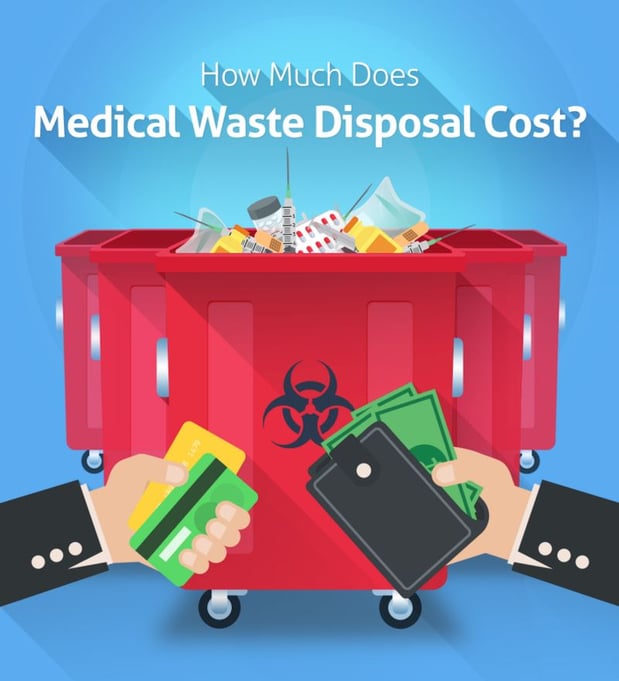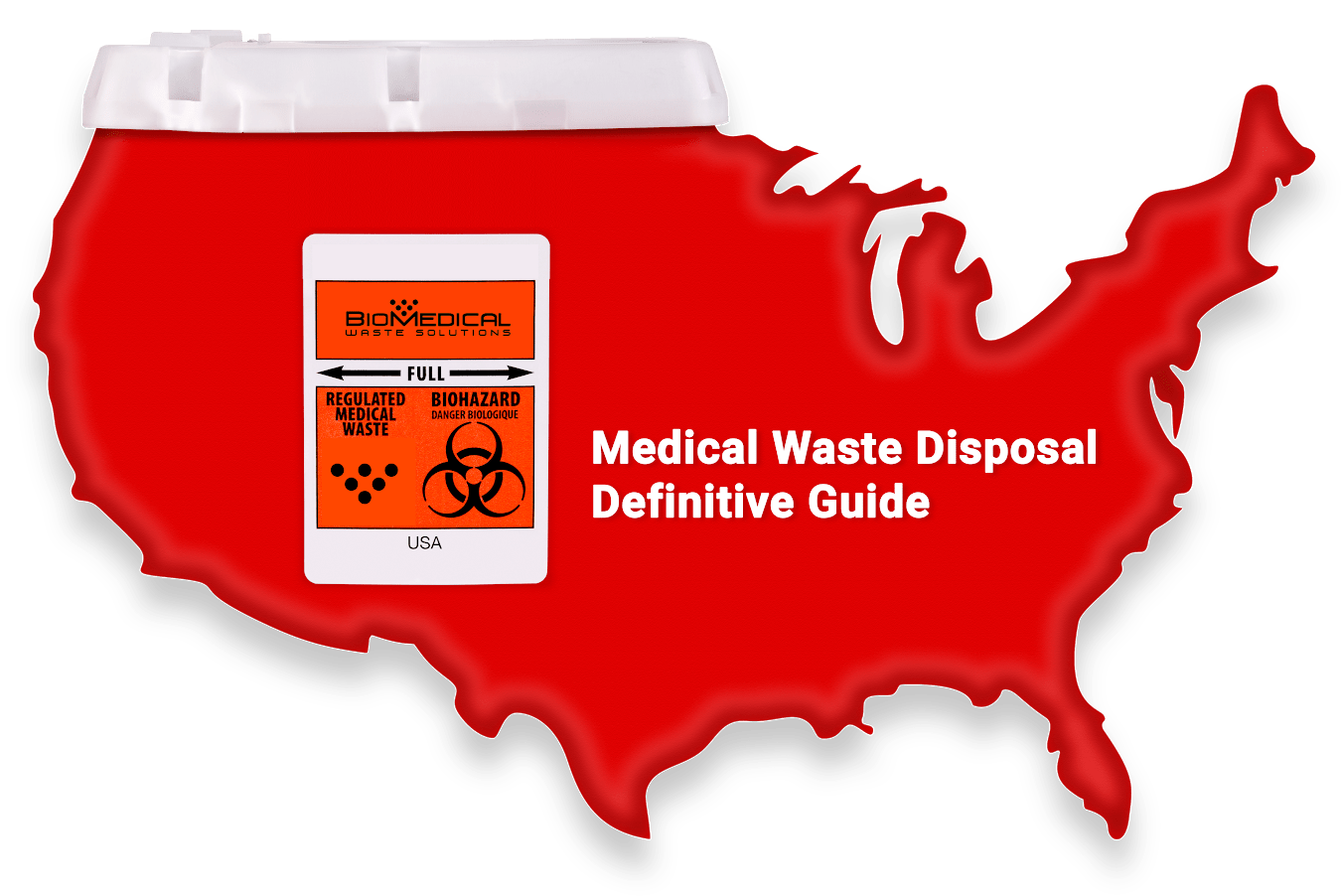Expert Medical Waste Disposal Services: Ensuring Conformity and Security
Expert Medical Waste Disposal Services: Ensuring Conformity and Security
Blog Article
Navigating Medical Waste Disposal: Crucial Solutions for Medical Care Facilities
In the elaborate landscape of healthcare procedures, the administration of medical waste is an essential element that requires meticulous attention. Health care centers, whether large healthcare facilities or little facilities, are delegated with the responsibility of handling, treating, and taking care of a vast range of medical waste streams. The complexities associated with browsing through the governing needs, ensuring appropriate waste segregation, and implementing secure collection and transportation processes are vital. Recognizing the necessary services that support clinical waste disposal is not just a matter of conformity yet likewise a fundamental element in guarding public wellness and environmental health. The complexities of this process are vital for health care facilities, and the experience offered in this world plays an essential duty in preserving the stability of health care systems.
Regulatory Compliance Assistance
For healthcare centers, guaranteeing regulatory conformity support is necessary to preserve proper handling and disposal of clinical waste. By partnering with regulatory conformity experts, healthcare facilities can remain up-to-date on evolving policies, reduce risks associated with inappropriate waste disposal, and eventually contribute to a much safer and extra lasting atmosphere for all.
Waste Segregation Guidance

Medical care facilities must provide clear standards and training to staff on just how to segregate waste properly. This consists of dividing general waste from unsafe products such as sharps, contagious waste, pharmaceuticals, and chemical waste.
Collection and Transport Solutions

Correct collection and transportation services are necessary elements of the clinical waste disposal process in healthcare facilities. These solutions make sure that unsafe products are managed securely and in conformity with policies to shield both the atmosphere and public wellness. Health care centers rely upon specialized waste monitoring firms to offer effective collection and transport services customized to their requirements.
Medical waste collection entails segregating various sorts of waste at the factor of generation, utilizing color-coded bins or bags to differentiate between basic, dangerous, pharmaceutical, and other waste streams. Trained employees need to perform this task to avoid contamination and make sure proper disposal. As soon as collected, the waste is transferred in devoted lorries outfitted to deal with harmful materials safely. These cars abide by strict security standards and comply with marked paths to qualified therapy centers for disposal through techniques such as landfilling, incineration, or sanitation.
Treatment and Disposal Solutions
In the world of medical garbage disposal for health care centers, after the vital stage of collection and transport solutions, the emphasis changes towards implementing efficient treatment and disposal options. Therapy options typically entail processes such as autoclaving, which makes check out here use of steam under pressure to sterilize the waste. This technique is commonly made use of for transmittable waste that has to be made non-hazardous prior to disposal. One more prevalent treatment technique is incineration, where waste goes through heats in regulated setups to reduce its quantity and eliminate pathogens.
Disposal solutions encompass the last action in the clinical waste administration procedure. Recycling and resource recuperation are likewise obtaining traction as sustainable disposal alternatives for certain kinds of medical waste products.
Efficient therapy and disposal remedies are critical in guaranteeing compliance with laws and protecting public wellness and the environment. Healthcare centers need to meticulously review and select ideal techniques that align with their waste management objectives and sustainability campaigns.
Team Training and Education And Learning

To effectively handle medical garbage disposal in health care facilities, comprehensive personnel training and education play a vital duty in making sure adherence to regulatory requirements and maintaining a secure environment. Correct training outfits team with the expertise and abilities needed to handle various kinds of clinical waste, segregate them properly, and package them safely for disposal. By informing employees on the threats linked with inappropriate handling of medical waste, facilities can reduce the chance of mishaps, contamination, and regulative violations.

Conclusion
To conclude, healthcare facilities count on vital clinical waste disposal solutions to ensure governing conformity, correct waste partition, safe collection and transportation, reliable therapy and disposal, as well as team training and education and learning. These services play an essential function in maintaining the wellness and safety of both health care employees and the public, highlighting the significance of appropriate monitoring of medical waste in health care setups.
For medical care facilities, ensuring regulatory compliance assistance is necessary to keep appropriate handling and disposal of medical waste. Waste segregation involves classifying different kinds of clinical waste to make certain proper handling, therapy, and disposal. This consists of separating general waste from dangerous products such as sharps, contagious waste, drugs, and chemical waste.Medical waste collection involves setting apart different types of waste at the point of generation, utilizing color-coded bags or bins to distinguish between basic, dangerous, pharmaceutical, and other waste streams.In the realm of medical waste disposal for health care centers, after the important phase of collection and transport services, the focus shifts in the direction of implementing efficient therapy and disposal solutions.
Report this page